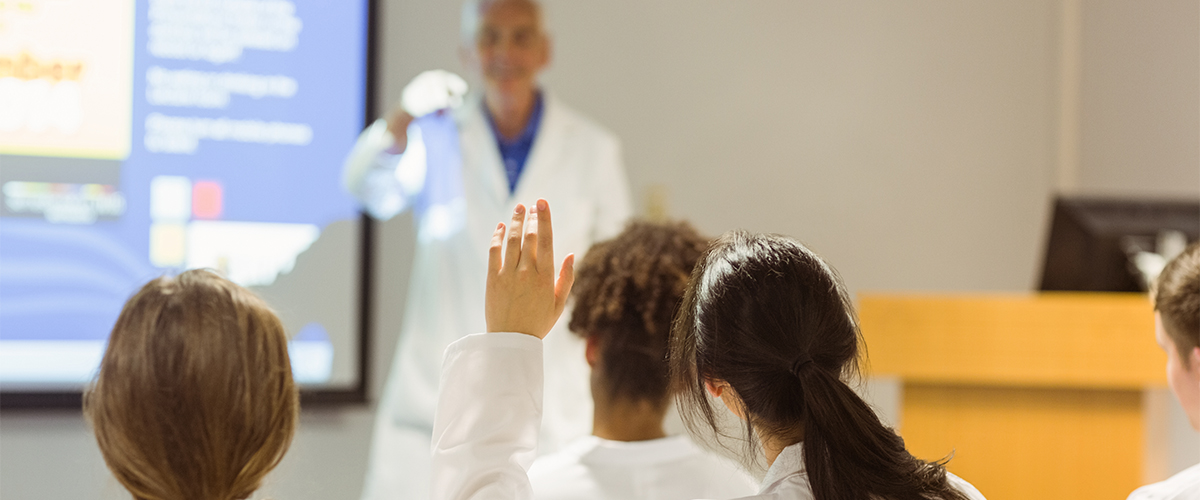The new survey of pharmaceutical schools suggests that medical cannabis is increasingly being considered a legitimate form of medicine.
Findings in a new study published in the journal Currents in Pharmacy Teaching and Learning show that more pharmaceutical schools are including medical marijuana in their curriculum. The findings add to growing evidence of increasing cultural acceptance of using cannabis for therapeutic purposes.
A new survey from researchers at the University of Pittsburgh School of Pharmacy found that 62 percent of America’s pharmaceutical schools now teach their students about medical cannabis. The majority said they introduce medical marijuana to students prior to their fourth year of study.
The survey also found that of the schools and colleges that do not currently include medical marijuana in its curriculum, 23 percent plan to begin to do so within the next 12 months.
The findings could indicate that the professional medical field is increasingly considering cannabis treatments as a legitimate form of medicine. Thirty-two states in the U.S. have legalized the use of medical marijuana, despite marijuana for any purpose remaining illegal under federal law.
“With more states legalizing medical marijuana, student pharmacists must be prepared to effectively care for their patients who may use medical marijuana alone or in combination with prescription or over-the-counter medications,” the study’s authors concluded.
Researchers also found that 40 percent of the schools currently teaching students about medical marijuana are located in states where medical marijuana is not yet legal.
However, the “results show that schools that are located within states that have legalized marijuana appear to spend more didactic time on the topic and have more elective courses with medical marijuana topics included.”
The results are encouraging, especially considering a study published last year found that 9 of 10 medical students aren’t being adequately trained on medical cannabis. As a result, patients with questions about cannabis may be unable to find informed guidance.
For the survey, researchers contacted 140 pharmaceutical schools in the U.S. Nearly half of them (49 percent) completed the survey.
Full text of the new study, “Evaluation of medical marijuana topics in the PharmD curriculum: A national survey of schools and colleges of pharmacy,” is accessible through ScienceDirect.

Cannabis as Medicine?
Classified federally as a Schedule I substance, marijuana is not recognized by the federal government for its medical potential.
Research findings, however, indicate that cannabis could be a viable treatment option for alleviating pain, nausea, and spams, and for providing anti-inflammatory and neuroprotective effects beneficial for conditions like Alzheimer’s disease, Parkinson’s disease, multiple sclerosis, spinal cord injuries, and traumatic brain injuries.
Over the past decade, medical research has also made intriguing discoveries about cannabis and its potential anti-cancer and anti-seizure effects.
You can learn more about research findings regarding cannabis and its compounds for various medical indications by visiting our education page.
Latest Cannabis Research
While federal cannabis regulations make research challenging, new studies are regularly investigating the therapeutic potential of medical marijuana.
Stay on top of the most recent medical research discoveries about cannabis by visiting our news page, or through our Facebook and Twitter feeds.






